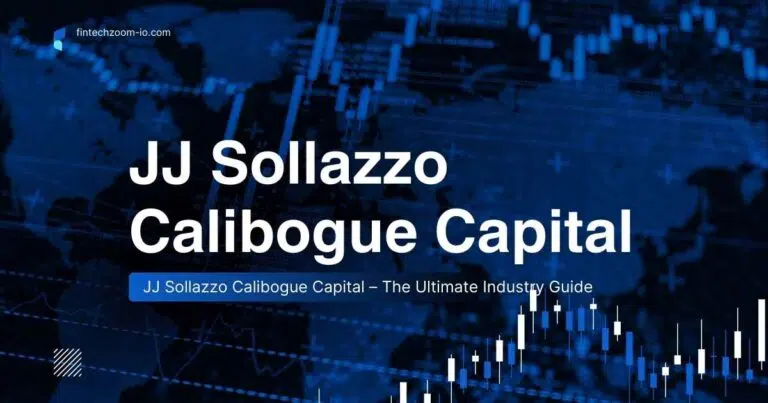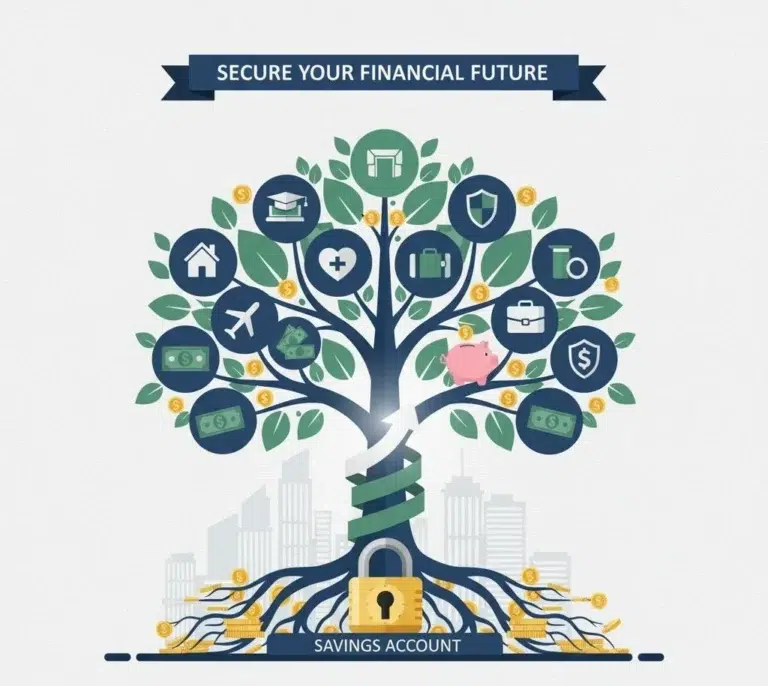Introduction
The Department for Work and Pensions (DWP) is the UK’s largest public service department, distributing pensions, disability allowances, Universal Credit, and other welfare benefits to more than 22 million people. While its payments support citizens in need, it also has extraordinary debt recovery powers.
One of the most controversial is the bank account clawback — the legal ability to reclaim money directly from a claimant’s bank account or reduce future benefits, often without court involvement.
What Exactly Is a Bank Account Clawback?
A clawback is the forced recovery of funds that were already paid out. In corporate settings, it applies to bonuses or dividends. In taxation, it refers to refund adjustments.
In welfare, clawbacks mean that if you received more than your entitlement, DWP can take it back directly. Unlike typical debts:
- You may not be given much time to prepare.
- DWP does not always need court approval.
- Liability remains even if the error was entirely DWP’s fault.
Historical Background of DWP Clawbacks
- 1992: Social Security Administration Act gave DWP powers to recover overpayments.
- 2000s: Growth of IT systems created both better detection and more administrative errors.
- 2012 Welfare Reform Act: Expanded clawback powers under Universal Credit.
- 2013 Regulations: Formalised repayment through deductions and bank recovery.
- 2020s: Automation and AI introduced, leading to faster but sometimes flawed recovery.
Why Do Clawbacks Happen?
DWP identifies overpayments for several reasons:
- Administrative Errors – System bugs, miscalculations, or duplicate payments.
- Delayed Reporting – Claimants report income changes late, or DWP processes them slowly.
- Fraud Investigations – Cases where income or living situations are misrepresented.
- Joint Claims – Partner’s income changes affect both claimants.
- Pension Overpayments – Errors in state pension calculations.
How the Clawback Process Works
- Detection – DWP flags a discrepancy via audits, cross-checks, or HMRC data.
- Notification – A debt letter explains the overpayment, often with repayment terms.
- Response Period – Claimants can appeal, dispute, or agree repayment.
- Automatic Deductions – If no agreement, DWP takes money directly from benefits, wages, or bank accounts.
- Debt Collection – In rare cases, external agencies are engaged.
Financial and Emotional Impact on Claimants
The impact of clawbacks can be brutal:
- Financial Stress: Families suddenly short of rent or food money.
- Debt Spiral: Many turn to high-interest loans or credit cards.
- Food Bank Reliance: The Trussell Trust links clawbacks directly to record food bank usage.
- Mental Health: Anxiety, depression, and a sense of criminalisation.
Claimant Rights and Protections
Even under tough rules, claimants are not without rights.
- Appeals: File a mandatory reconsideration within 1 month. If refused, escalate to tribunal.
- Repayment Negotiation: Request affordable installments, often reduced to a small weekly rate.
- Hardship Support: Ask for deductions to be lowered if essentials cannot be met.
- Debt Advice: Free help from Citizens Advice, StepChange, National Debtline.
- Legal Aid: Some cases may qualify for legal representation.
Criticism and Public Debate
Clawbacks are highly controversial.
- Charities: Argue that recovery punishes vulnerable people for errors beyond their control.
- MPs: Some call clawbacks necessary for fairness, others describe them as “state-imposed poverty.”
- Media: Headlines of families left with £20 a week after clawbacks fuel outrage.
- Human Rights Lawyers: Some suggest clawbacks may breach Article 6 (right to a fair trial).
Case Studies
- Single Mother (Manchester): Lost £250 a month from Universal Credit due to a miscalculation.
- Pensioner (Cornwall): Asked to repay £12,000 after DWP error.
- Disabled Claimant (London): Wrongly flagged for fraud, endured months of deductions.
International Comparisons
The UK system is among the strictest globally.
- United States: Structured appeal rights for Social Security clawbacks.
- Canada: Flexible repayment and hardship exemptions.
- Germany: Deductions exist but legal safeguards protect claimants.
- Nordic Nations: Government errors rarely become claimant debts.
Prevention and Financial Planning Tips
- Report every income or household change immediately.
- Double-check all DWP award letters.
- Use online calculators to verify entitlement.
- Save even small amounts for emergencies.
- Seek advice before spending unexpected lump sums.
Technology and the Future of Clawbacks
DWP increasingly relies on AI and data sharing. While efficient, it creates false positives.
Future reforms may include:
- Capping clawback rates.
- Independent oversight.
- Clearer claimant communication.
Support Systems for Claimants
- Citizens Advice Bureau – Legal and financial advice.
- StepChange Debt Charity – Repayment negotiations.
- National Debtline – Free confidential advice.
- Local Councils – Emergency welfare support.
- Food Banks – Urgent assistance.
Key Facts at a Glance
| Category | Detail |
|---|---|
| Authority | Department for Work and Pensions (DWP) |
| Annual Overpayments | £8.6 billion (2022–23) |
| Recovery Methods | Bank account deduction, benefit cuts, wage recovery |
| Claimant Rights | Appeal, tribunal, hardship relief |
| Main Criticism | Punishes poor for DWP mistakes |
| Global Comparison | UK stricter than EU & Nordic nations |
Expert Opinions
- National Audit Office: Warns of “unfair deductions caused by system flaws.”
- Trussell Trust: Links clawbacks to rising food bank usage.
- DWP Statement: “Recovery protects taxpayers and deters fraud.”
- Academics: Describe clawbacks as a shift from welfare to debt enforcement.
FAQs About DWP Bank Account Clawbacks
Q1: Can DWP take money without permission?
Yes, but you can appeal or negotiate repayment.
Q2: How much can they deduct?
Up to 25% of Universal Credit, with possible reductions.
Q3: Can old debts still be chased?
Yes, debts can be pursued years later.
Q4: What if the overpayment wasn’t my fault?
You may still be liable, but appeals are possible.
Q5: Can clawbacks affect joint accounts?
Yes, deductions can apply to joint accounts too.
Conclusion
DWP bank account clawbacks are among the most powerful recovery tools in the UK. They reclaim billions for taxpayers but often drive vulnerable families deeper into poverty.
Until reforms arrive, the best defence is knowledge: stay informed, act quickly, and seek professional support. In 2025, clawbacks remain a battlefield between fiscal responsibility and human survival.






